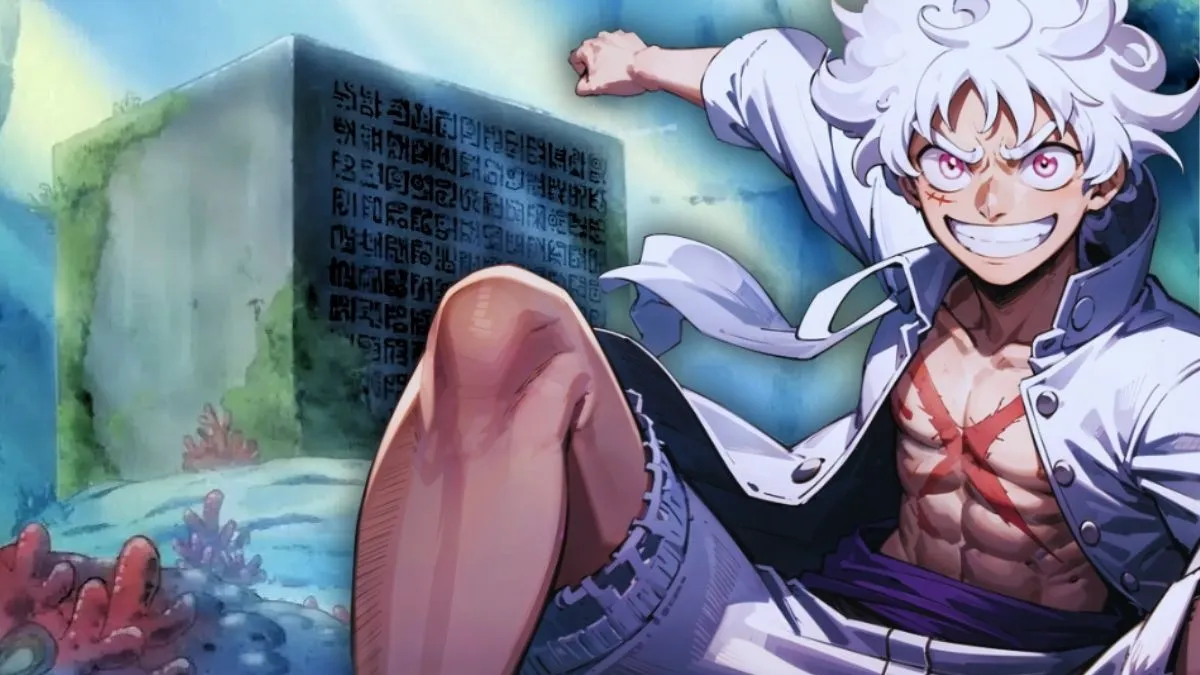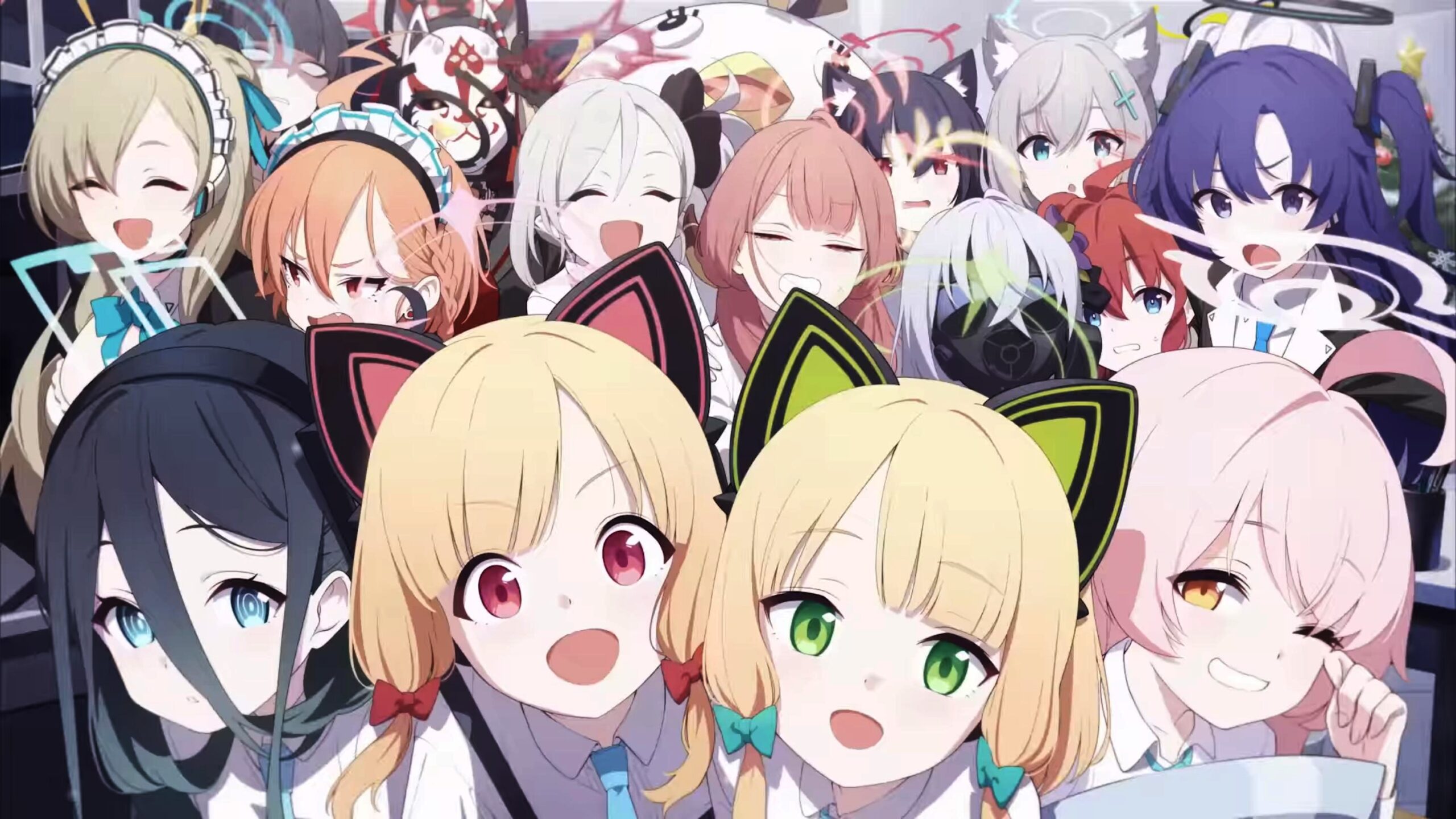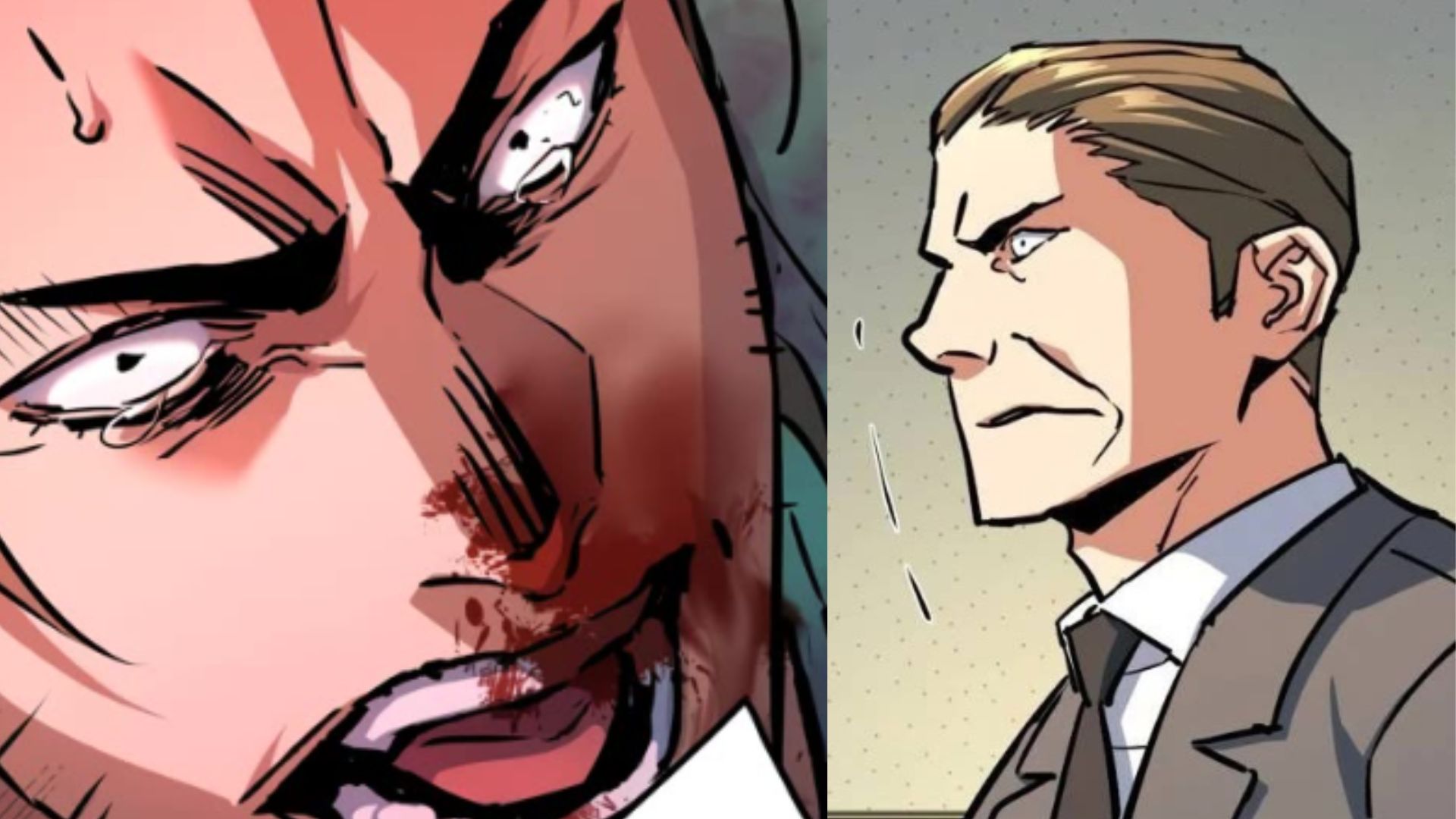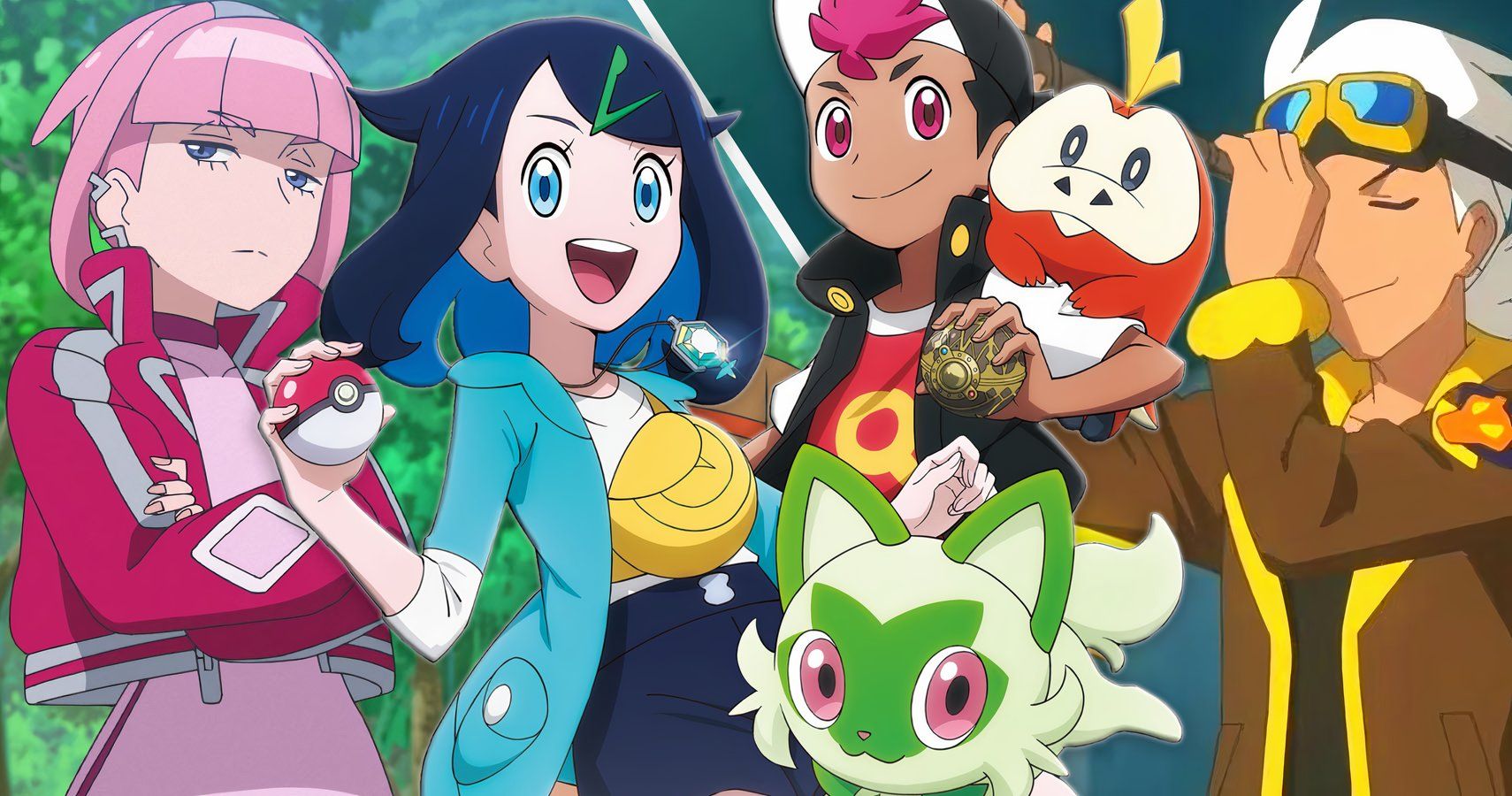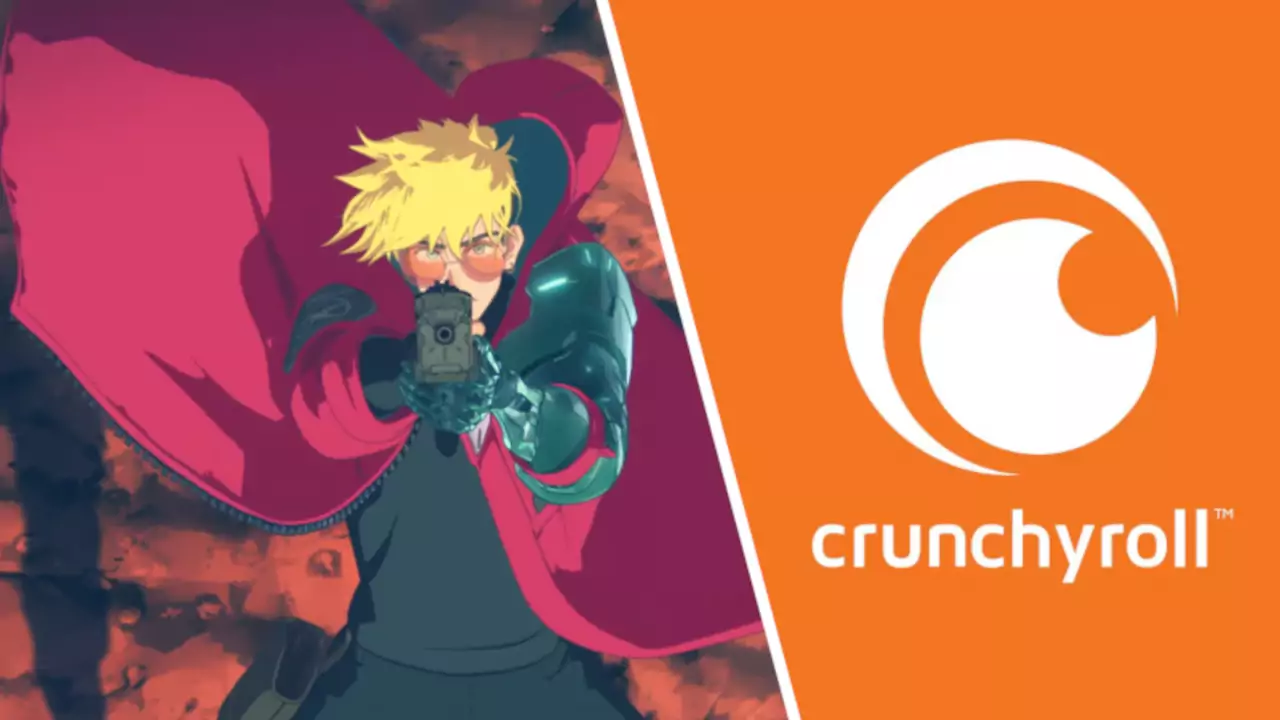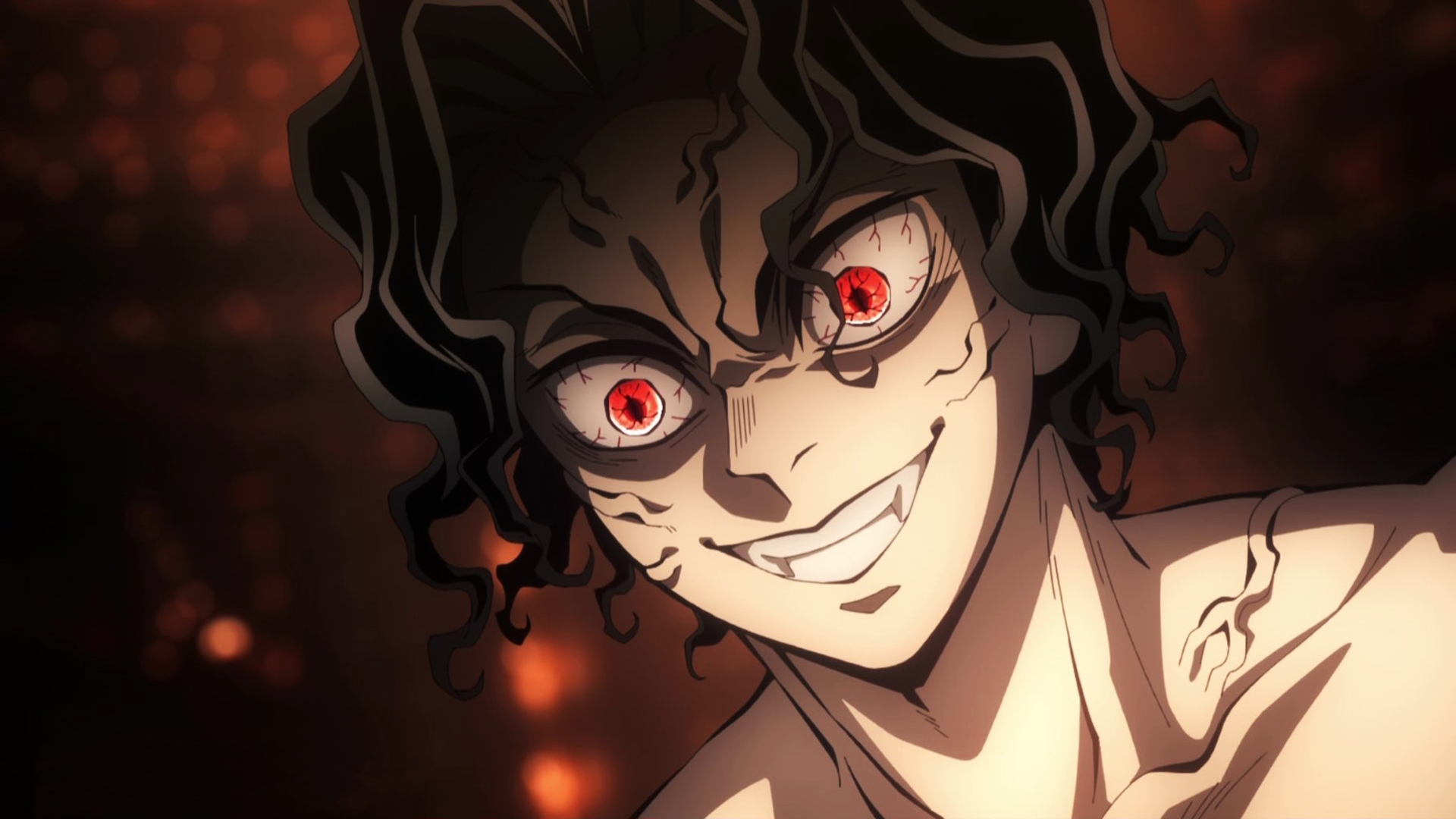Otaku Culture
They copy millions of anime frames to an AI
Advertisement
University researchers in Canada have just collected 42 million keyframes for a newly published dataset.all of them taken from anime and other cartoons, in the hope that they will serve as a guide for the future development of anime works created entirely with artificial intelligence (AI).

Through Gigazine, developers from the University of Alberta (Canada) released the Sakuga42M dataset, composed of 42 million keyframes taken exclusively from anime and cartoons. Sakuga42 is “the world’s first large-scale cartoon dataset,” and its creators hope to pioneer the improvement of AI-generated videos.video-to-text understanding and other use cases such as retrieving videos from text descriptions and automatic editing, colorization, and clustering.
Keyframes refer to drawings that convey meaning or trigger recognition. This contrasts with “in-between” frames, which connect keyframes to create the illusion of movement between them. While the developers of Sakuga42M cite helping animators as the main reason, this dataset has sparked controversy, as AI-generated video is considered an existential crisis for many animators. In Twitter responses, many called it insulting and unethical. The size and potential of this new dataset could give enormous power to large corporations, an outcome that ethical AI developers "Anime Chain" say must be avoided, lest it lead to the collapse of the anime industry.

While Sakuga42M's GitHub also mentions an opt-out feature for creators, this may not be realistic given that even Midjourney, a company valued at US$10 billion, had doubts about his app. After collecting more than 100 million images from the internet, many of which belong to anime and manga creators, its founder and CEO, David Holz, admitted: «There's no record. We're investigating this. The challenge now is figuring out the rules and how to determine whether someone is actually the artist of a specific work or simply providing their name.».
Given that Japan has limited influence over Canada, it is unclear what, if anything, can be done in response. There probably won't be much interest either, as "Jujutsu Kaisen" chief animation director Terumi Nishii has called the Japanese government a "sellout" for its weak stance on AI. This comes after OpenAI opened a new office in Japan, citing as attractive the government's "consistent approach of not aiming for strict regulation of AI."
Source: Gigazine
